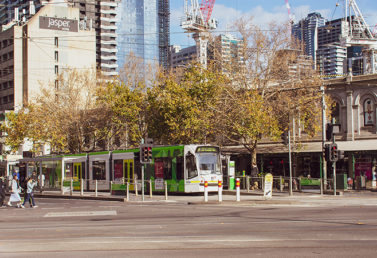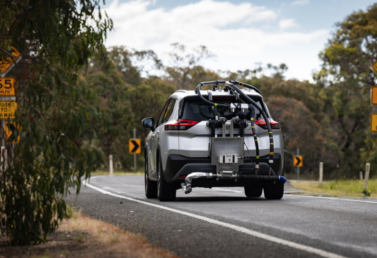Australia’s peak motoring organisation, the Australian Automobile Association (AAA) has raised serious concerns about the […]
Australia’s peak motoring organisation, the Australian Automobile Association (AAA) has raised serious concerns about the processes and assumptions underpinning the Government’s proposals to reduce vehicle CO2 and noxious emissions. The AAA says an uncoordinated process has failed to produce a robust cost-benefit analysis and consumers may now needlessly pay more for fuel and cars as a result, with little or no demonstrable benefit for the environment.
The AAA is concerned the Government’s approach to vehicle emissions and fuel standards appears to be predicated on a number of flawed assumptions which will ultimately be bad for consumers and the economy, while missing an opportunity to reduce the environmental impact of cars in the real world.
AAA Chief Executive Michael Bradley said: “The AAA supports the Government’s objective of delivering cleaner cars and cleaner air, but Australian consumers won’t thank the Government for a scheme that makes cars and petrol cost more than they should, but fails to deliver benefit for our environment.”
The AAA has a range of concerns, not least that the Government is considering vehicle emission standards in isolation from fuel standards. As emissions are a function of both the vehicle and the fuel it uses, these aspects must be considered together to arrive at the most cost-effective way of ensuring our cars are cleaner.
The Government’s proposal to rush implementation of new fuel standards could also see Australian households face a fuel price shock. When the European Union reduced sulphur limits in petrol from 150 parts per million (ppm) to 10ppm as proposed in Australia, they did so over nine years (between 2000 and 2009). At this stage, the Australian Government proposes to achieve the same reduction in less than two years.
The AAA is also concerned benefits such as projected fuel savings from more efficient cars have been significantly overstated, especially as these projections are based on lab testing which has been shown by AAA real-world testing to understate actual fuel consumption by up to 35 per cent.
“The AAA does not shy away from the contribution of Australian motorists to Australia’s environmental performance, however any emissions policy must deliver for the environment at the least cost to motorists and the economy. The Government’s documents show a lack of robust science behind their assumptions and Australian motoring clubs believe the Government must update its modelling and undertake further public consultation,” Mr Bradley said.
The Government’s current proposals fail to consider:
The AAA encourages the Government to address the deficiencies of its current process, undertake further public consultation to ensure the design of a vehicle emissions reduction framework is scientifically robust, and able to be welcomed by consumers.

The latest AAA Transport Affordability Index reveals transport cost rises exceeded the consumer price index not only in the September 2023 quarter but also over the 12 months to the end of September.
read more
Initial results of Australia’s first program to test vehicle real-world performance show the cars tested use up to 13% more fuel on the road than they did in lab tests reported by manufacturers.
read more
The quarterly update of the AAA’s EV Index shows the Australian new vehicle market continuing to change.
read more